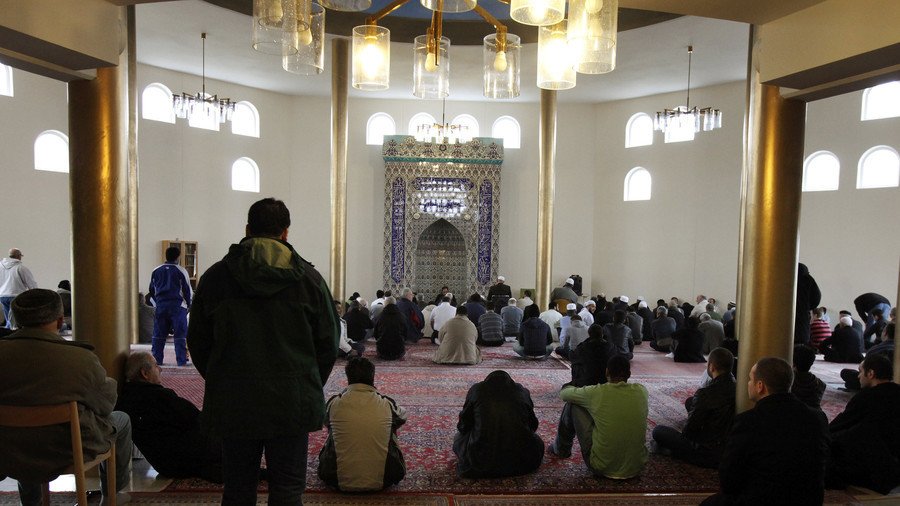‘After day with Christians, Muslim teens wash in mosque’: Study charts rise of Salafism in Sweden

The largest-ever report on the fundamentalist branch of Islam shows Salafist preachers in Sweden are cooperating to push their message across Muslim communities – and disturbing everyday behavior is now common even in children.
"Not all Salafists are jihadists, but all jihadists are Salafists,” says the 265-page study of a movement that advocates a return to ‘pure’ Islam, commissioned by the Swedish Civil Contingencies Agency, a government department.
Swedish authorities declared last year that the number of militant Islamists in the country had risen from 200 to 2000 in a decade. Through 70 interviews with police, social workers and community representatives, the study attempted to understand how religious belief leads to terrorism. What it found was a well-organized ideology consciously pushing for the Muslim minority to divorce itself from the cultural surroundings of mainstream Sweden, creating a deep social rift from which terrorists and jihadist recruits can emerge.
"Salafists advocate gender segregation, demand that women veil themselves to limit 'sexual temptation,' restrict women's role in the public sphere and strongly oppose listening to music and some sports activities,” writes the author, prominent extremism researcher Magnus Ranstorp.
Believers are to refrain from making non-Muslim friends, whom, according to one preacher, they should “hate” for not following Islam and should encourage to “love Allah.” They must not join in any wider communities or groups, and should resist adapting their appearance, language and mannerisms to fall in line with those of the host culture.
Across Sweden, which is home to 800,000 people born outside of Europe, primarily in Syria and Iraq, and hundreds of thousands more second and third-generation migrants, these teachings have taken root.
In the municipality of Boras, officials report that some children will refuse to drink “Christian” water from the taps, and will wash themselves off in the mosque after spending a day in contact with non-Muslims.
In Vasteras, teenage criminals have been known to justify stealing from shops with non-veiled cashiers, shouting out “kufir” (non-believer) and “Swedish whore” as they raid a store, while groups of Muslims have harassed immigrant shop owners, demanding to know if they follow Allah, and abusing them otherwise.
In Gothenburg, which has supplied more recruits from Sweden to Islamic State (IS, formerly ISIS) than any other city, Salafists informed their followers that voting in secular Swedish elections was “haram” – forbidden.
The religious movement appears to be highly-coordinated. “It is interesting that the Salafist preachers, on whom the study focuses, appear to be more in cooperation with each other, rather than rivals. Instead, these preachers seem to divide their da'wa (mission) into different geographical areas,” writes Ranstorp.
But the Islamist influence spreads beyond the mosque.
“Swedes have no idea how much influence political Islam has in the suburb. Swedish laws are not applied there,” one subject tells the interviewer, referring particularly to the use of religion to form business connections, and the under-reporting of certain crimes, such as domestic abuse.
The study concludes by urging Sweden, which has partially acknowledged the growth of parallel societies, to be more open to understanding and exposing the explicit links between radical Islam and terrorism.
READ MORE: Anti-immigrant Sweden Democrats party surges in polls amid EU’s Eurosceptic wave
“When the then-National Coordinator Against Violent Extremism said that the question of why so many people chose to travel to IS from Sweden was ‘a million dollar question,’ it is an illustration of the overall inability of Swedish authorities (with the exception of police and security police) to see that this problem has not emerged from a vacuum,” says the study.
Think your friends would be interested? Share this story!















